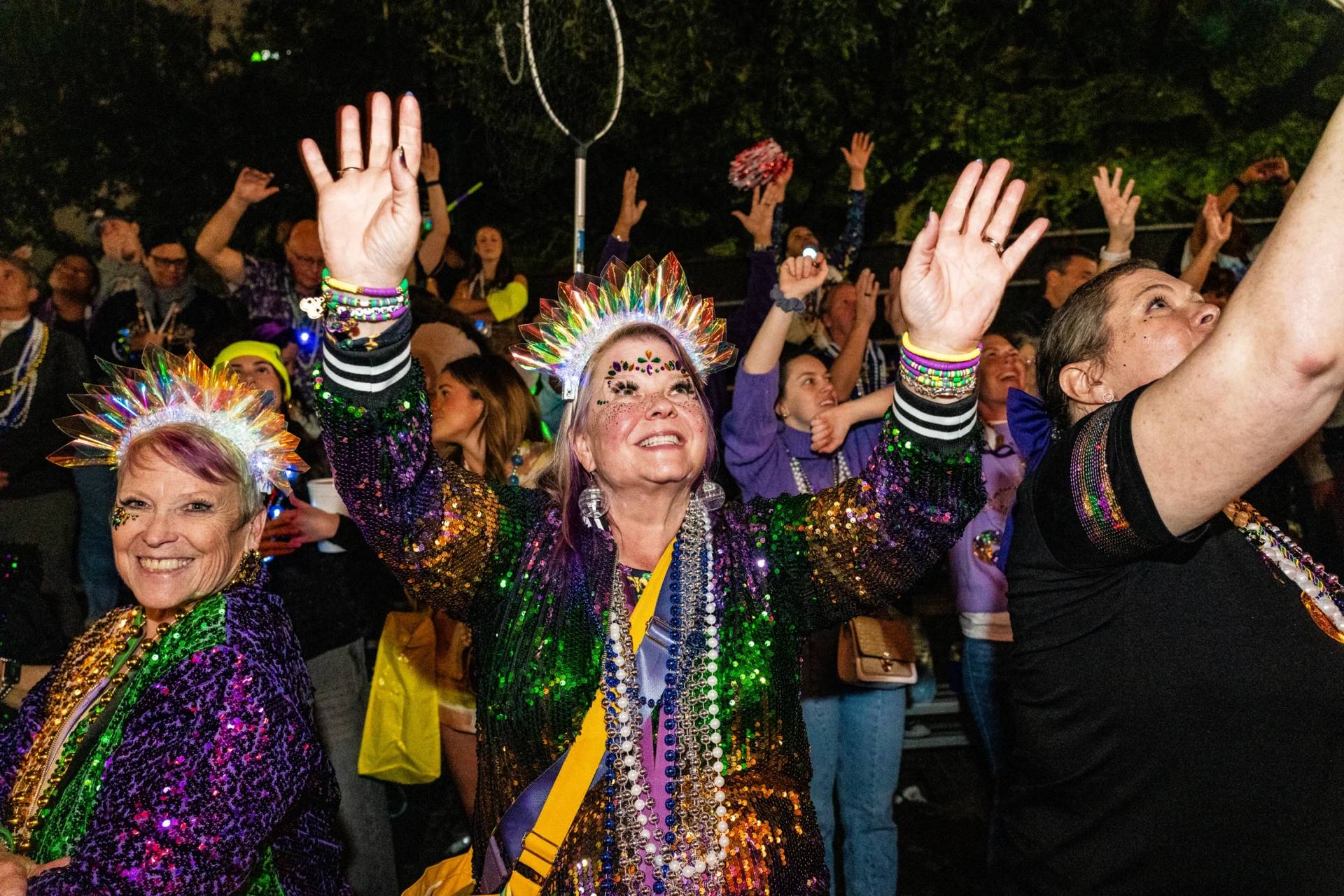NEW YORK – As Christmas approaches, three churches in Texas have filed an emergency appeal to the U.S. Court of Appeals for the Fifth Circuit seeking relief funding from the Federal Emergency Management Agency (FEMA) after their facilities were devastated by Hurricane Harvey earlier this year.
In September, the religious liberty law firm Becket filed suit on behalf of the three churches that are seeking federal funding to rebuild. FEMA had refused funding due to the fact that houses of worship are barred from federal relief. Three months later, Becket is arguing that these institutions are still in limbo and need relief in time for Christmas.
Becket argued that FEMA’s ban was discriminatory, particularly since religious institutions were often among the most active groups providing community relief following the hurricane.
On December 7, the district court for the Southern District of Texas denied the churches a temporary injunction, which would have allowed them to file for relief along with other nonprofits that have been deemed eligible for FEMA funding.
“FEMA is giving Scrooge a run for his money,” said Eric Rassbach, deputy general counsel at Becket in a press release. “FEMA already left these devastated churches in the cold for Thanksgiving, and now it’s trying to shut them out for Christmas. Enough is enough.”
“A flooded building is a flooded building, whether it’s a theater, a church, or a synagogue, and they should all be treated equally, every one,” he continued.
Becket has maintained that the FEMA policy violates the Free Exercise Clause of the First Amendment under Trinity Lutheran Church of Columbia, Inc. v. Comer, and FEMA has conceded that its policy is likely contrary of the Supreme Court’s recent ruling.
In June 2017, the Supreme Court, in a 7-2 ruling in the Trinity Lutheran case, said religious institutions have the same rights as secular institutions to participate in public programs.
In their original complaint, Becket noted that all three churches offer a diverse range of community activities and services beyond religious services and instruction.
FEMA policy states that “facilities established or primarily used for…religious…activities are not eligible” and defines religious activities as “worship, proselytizing, religious instruction, or fundraising activities that benefit a religious institution and not the community at large.”
Soon after the original suit was filed, President Donald Trump released a tweet offering his support for the churches seeking federal funding.
“Churches in Texas should be entitled to reimbursement from FEMA Relief Funds for helping victims of Hurricane Harvey (just like others),” he wrote in a tweet on September 8.
In an interview with Crux in September, Daniel Blomberg, counsel at Becket, said “Houses of worship are on the front lines of disaster recovery efforts. It makes no sense for FEMA to continue to discriminate against churches; it’s time to start helping the helpers.”
Following Hurricane Sandy in 2012, a bipartisan bill to amend the FEMA policy and allow religious institutions equal footing was overwhelmingly passed by the United States House of Representatives in a 354-72 vote. The bill, however, died in a Senate committee and therefore was never enacted.
While the Trump administration has indicated a willingness to change this policy, no official changes in policy have taken place to date. Following Hurricane Katrina, the Bush administration ordered FEMA to reimburse houses of worship for food, supplies, and other necessities provided to the public.
Until a determination is made on whether these churches can file for relief, no construction or demolition of the facilities can occur, as it will be necessary for a FEMA assessment of the property conditions.
Hurricane Harvey is estimated to have caused nearly $200 billion dollars in damage. In response, the United States Conference of Catholic Bishops (USCCB) has collected over $38.5 million for hurricane relief, and the Knights of Columbus, a principal sponsor of Crux, has pledged $1.4 million for church repairs in Florida, Texas, and the U.S. Virgin Islands.














